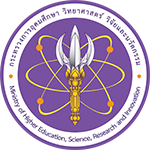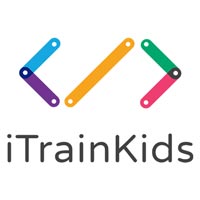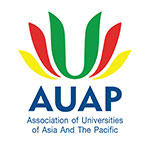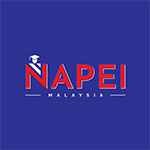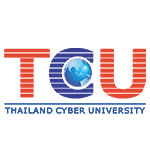Ilja Riekki
Project Officer, Education UNESCO Multisectoral Regional Office in Bangkok
Ilja Riekki serves as a project officer at UNESCO Multisectoral Regional Office, Educational Innovation and Skills Development (EISD) unit in Bangkok. He is working on projects on flexible and blended learning, enhancing equitable access to education and development of lifelong learning systems as a member of Literacy and Lifelong Learning team. Prior to United Nations, Ilja Riekki held a position as head of innovation and partnerships at Aalto Ventures Program, the entrepreneurship program of Aalto University, the leading innovation university of Finland. He has also worked consulting in Shanghai and in education startup in Finland catering Chinese market. He holds a Master`s degree in education and has studied economics Lingnan College, Sun Yat-Sen University in China and done visiting studies Yonsei University in South Korea and School of Transnational Governance at European University Institute in Italy.
Leadership Summit Sessions
Digital upskilling for all
The demand for digital skills in Asia is significantly high, with the Asian Development Bank’s survey of employers in Asia and the Pacific revealing that 75% of employers in four countries now have increased demand for new hires with digital skills. But with ongoing high unemployment rates and gender-based barriers impacting women’s access to education and employment, how can this demand for digital skills be met effectively? This session will consider practical approaches to ensure equitable digital upskilling across Asia, engage harder-to-reach prospective workers, and power the labour market by building a diverse, competent talent pool.
Thursday 05 October 11:00 - 11:40 TVET Stream (London Rooms)
Diversity & Inclusion
The demand for digital skills in Asia is significantly high, with the Asian Development Bank’s survey of employers in Asia and the Pacific revealing that 75% of employers in four countries now have increased demand for new hires with digital skills. But with ongoing high unemployment rates and gender-based barriers impacting women’s access to education and employment, how can this demand for digital skills be met effectively? This session will consider practical approaches to ensure equitable digital upskilling across Asia, engage harder-to-reach prospective workers, and power the labour market by building a diverse, competent talent pool.
TVET Stream (London Rooms) Asia/Shanghai
.png?width=423&height=100&ext=.png)
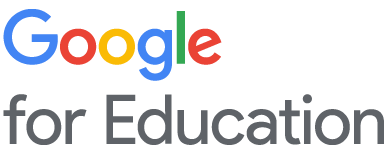



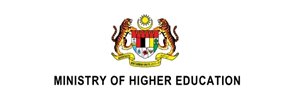
.png?ext=.png)

